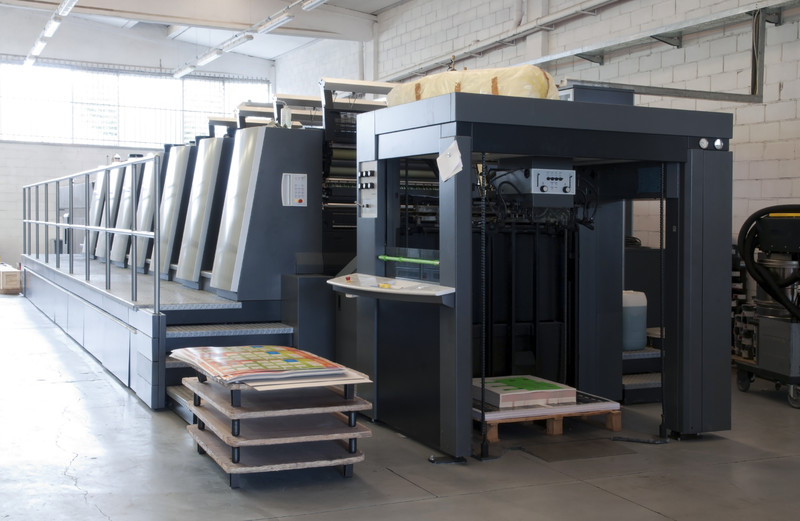Imagine flying in jetliner and having no communication with the ground below as you approach a busy airport for a landing. There are hundreds of airplanes of all sizes and types in range of the airport and each one is traveling at multiple speeds and at different altitudes. Without someone coordinating the path of each airplane and ensuring their path is clear then it’s likely that there will be a collision at some point. Process planners are the air traffic controllers of the automotive engineering manufacturing processes who receive purchase orders from the customers, facilitate how the order will proceed through the manufacturing process and finally ensure that everything ships to the correct location.
Education requirements for process planners
The basic requirements for a process planner are a Bachelor’s Degree in an appropriate field such as industrial engineering, manufacturing process engineering or even business, production management, or logistics. Some smaller subassembly manufacturers will accept an Associate’s Degree as a basic entry requirement for a junior planner but many larger corporations have a minimum of a bachelor’s degree in engineering required for working at their company. A Master’s degree is not required but will help in getting a position in a highly specialized field or help you to win over the competition for a highly competitive position. The training required to coordinate the production process is not always technical in nature but requires a mind that allows you to conceptualize the movement of all products through the assembly process and ensure that everything runs smoothly.
Establish product routings early in development
Product planners step in towards the end of the product development process after engineers are leaving the design testing phase of the product. Working prototypes are available and will be used by the product development team to review and develop the manufacturing assembly process. Product planners will work with the manufacturing engineers to document and develop the assembly process as they outline the necessary steps required to assemble a process. The process organized by assembly location and entered into the production control system. The product is given what is called a “routing”. Basically, this routing is automatically generated when a production request is made and helps organize and track it through a very busy production environment. Additionally, the planner will work with the manufacturing and test engineers to put checks in place to ensure that the part cannot skip any production process and be assembled incorrectly.
Life as a process planner
The role of the process planner can be hectic day to day so prospective planners must enjoy constant activity and problem solving in their day-to-day routines. There is typically little down-time for the planner and someone must be on-call and available whenever production is running. The role of the process planner begins with the receipt of the purchase order from the customer. The purchase order is entered into the production system and a report is generated based on the availability of the materials required to assemble the product. The planner will then assess the date when all materials available and determine when assembly can begin. Each product has a certain amount production and test time required for full assembly which is added to the start date to calculate a possible ship date. The planner will then compare the ship date with the requested delivery date on the purchase order.
If these dates match then production will be scheduled. If the dates do not match and a delivery date will be missed then the production planner will address whatever is the bottle neck in the production process such as material availability and expedite those areas or change production priorities in order to meet the delivery date. When production is completed the process planner will coordinate the shipping logistics and provide all applicable labeling and department of transportation (DOT ) requirements for the product to arrive without issues at the customer’s site.
Production planning requires a clear understanding of the entire production process and requires creative problem solving in order to meet customer requirements. This role is essential in a successful manufacturing facility and without this role products would wander haphazardly through the factory and never make a shipment date on-time.

